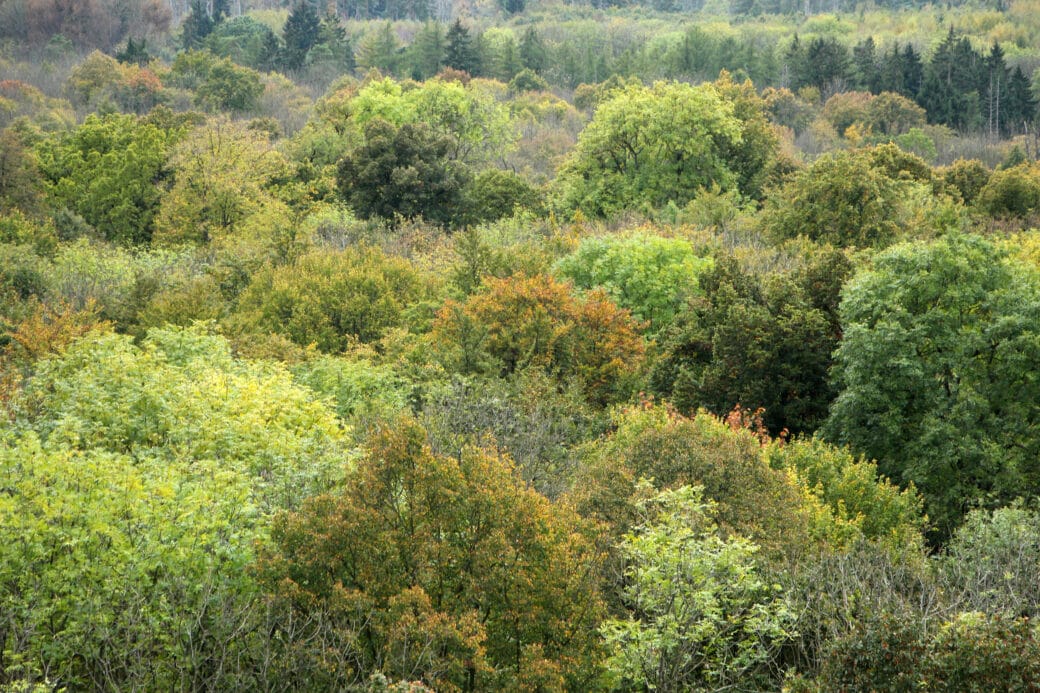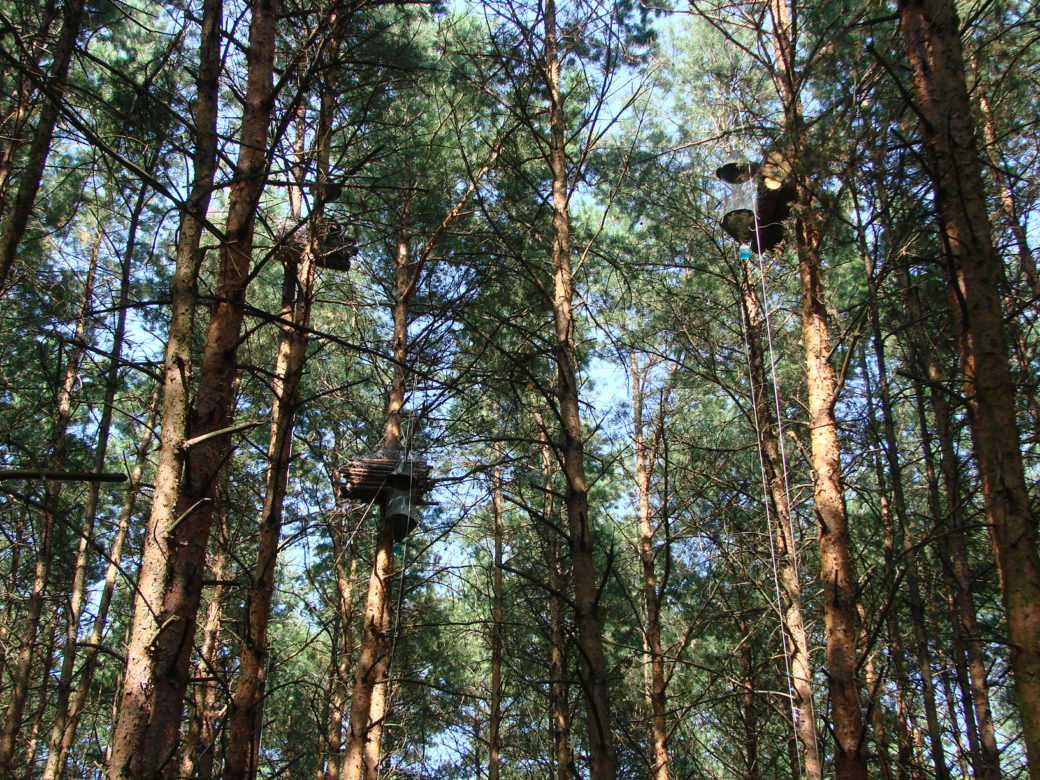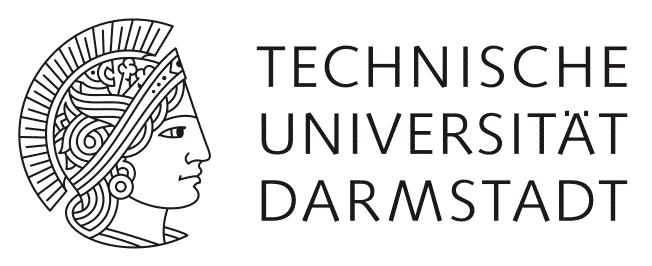Ecological mechanisms underpinning species diversity changes along land-use intensity in temperate forests – from trees to landscapes

TreeScape investigates the effects of forest structure driven by land-use intensity on biodiversity in temperate forests to identify the main drivers of biodiversity in forests and the main mechanism behind species loss along land-use gradients in order to set a general framework for 3D structures and biodiversity. TreeScape aims to explore the relative influence of LiDAR (Light-Detection and Ranging) derived terrain topography, vegetation structure, floristic composition and landscape context metrics, on a range of eight taxonomical groups in the forest land-use gradients of the Biodiversity Exploratories and, in addition, in the Bavarian Forest National Park and Steigerwald.
To move beyond the level of species and provide comprehensive measures of biodiversity, we aim to compile phylogenies and traits for the eight taxonomic groups (fungi, birds, bats, beetles, true bugs, spiders, vascular plants and lichens) by expanding already published phylogenetic trees and trait lists and by creating new ones for some taxa.
Over the last decade the ability of LiDAR remote sensing to penetrate forest canopy has proven to be an excellent tool for quantifying different aspects of forest complexity. Current airborne systems and processing algorithms enable identification of discrete objects, such as trees and deadwood units, offer further promise for certain sets of species dependent upon these niches. Parameters describing the heterogeneity of a forest on a local level can be basically divided in three sets of predictors: the floristic composition of the local habitat; the terrain surface heterogeneity; and the structural heterogeneity of the vegetation (physiognomy). Measures of the physiognomy of a forest on a local level based on LiDAR include, for instance, vegetation height, vegetation distribution ratio (vertical heterogeneity) or gap size distribution (horizontal heterogeneity).
Our project aims to…
- compile existing data in the Biodiversity Exploratories for the eight taxa,
- expand and develop trait and phylogenetic dissimilarities for these taxa,
- calculate a number of forest structure variables along the different axis of forest heterogeneity from airborne LiDAR,
- scale important heterogeneity metrics to the regional landscape in which the plots are embedded with space-borne RADAR,
- elucidate the influence of local plot and regional landscape structure on species diversity,
- and expand this work to two other forest types (Bavarian Forest National Park and Steigerwald) representing unique long gradients of land-use intensity in montane to high montane forests and in colline beech forests in Central Europe.
Cooperations
We strive for deep cooperation with the several core projects of the Biodiversity Exploratories, namely Botany (PI Fischer), Arthropods (Blüthgen/Weisser), Instrumentation & remote sensing (PI Nauss/Kleinn) and Forest Structure (PI Ammer). Furthermore, we will cooperate with the contributing projects Funwood IV, ParaAves and Phylodiv. Additionally, to the Biodiversity Exploratories, we will cooperate with the Bavarian Forest National Park and the Terrestrial Ecology Chair of the TU Munich.











